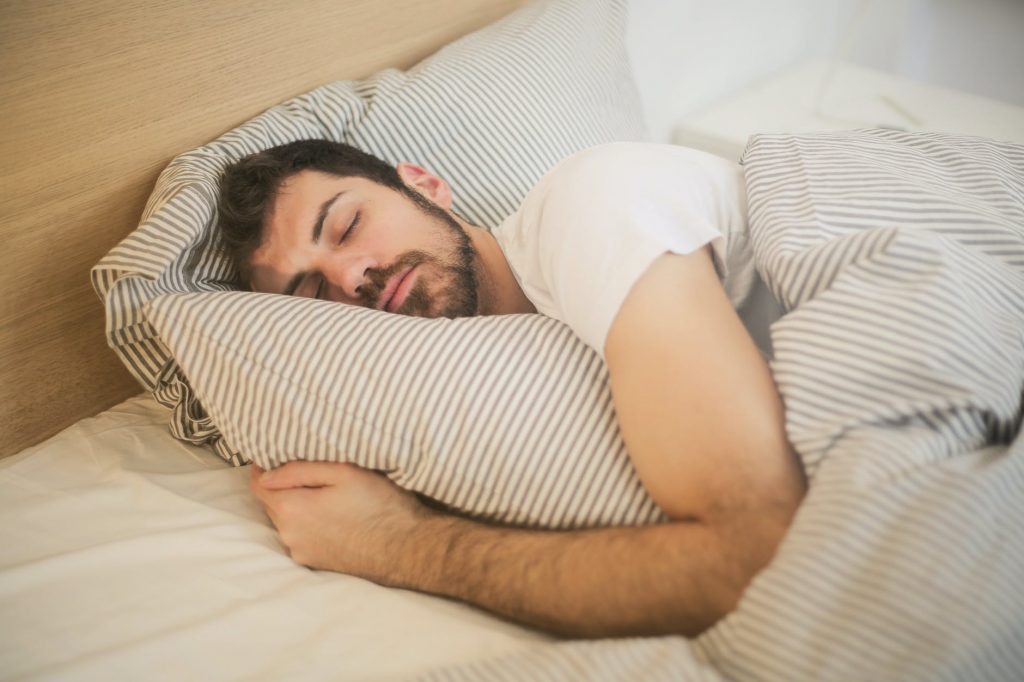Are you one of the nearly 70 million U.S. adults with a sleep disorder? If so, you may be at risk of hearing loss. While experts are still researching the link between sleep apnea, one of the most common sleep disorders, and hearing loss, they do know that these health conditions are connected.
What Is Sleep Apnea?
Sleep apnea occurs when the muscles and tissues in your airway relax while you are sleeping and cause you to stop breathing. People with this condition often snore and wake up feeling out of breath. Additional symptoms of sleep apnea include:
- Gasping or choking while sleeping
- Dry throat upon waking
- Morning headaches
- Daytime sleepiness
- Memory or learning problems
- Mood swings
Treatment for obstructive sleep apnea, the most common type of sleep apnea, is the use of a continuous positive airway pressure (CPAP) machine. Lifestyle changes such as losing weight, exercising regularly at Last Real Gym or a changing sleep position are also recommended. People with severe sleep apnea may benefit from surgery.
Research Linking Sleep Apnea & Hearing Loss
A 2016 study published in The Journal of Clinical Sleep Medicine looked at data from 13,967 patients. Through an in-home sleep apnea study and on-site audiometric testing, the researchers found that those with severe sleep apnea had a 30% higher risk of developing hearing loss.
A smaller study of just 41 participants with severe obstructive sleep apnea, also published in 2016, found that hearing loss was more common in those with lower oxygen levels.
Why Does Sleep Apnea Affect Your Hearing?
While experts are unsure of the exact reason sleep apnea is linked with hearing loss, they suspect it is related to circulatory issues.
The delicate hair cells within your inner ear are responsible for converting soundwaves into electrical impulses sent through the auditory nerve to the brain to be interpreted as sound. These hair cells rely on a healthy supply of blood to function. Sleep apnea can reduce blood flow to the ear, which can lead to hearing loss.
If you have sleep apnea, the best way to prevent hearing loss is to be proactive. Have your hearing checked regularly to ensure that it can be treated quickly if hearing loss is detected.
Contact San Diego Hearing Center today to schedule an appointment with a hearing expert.
